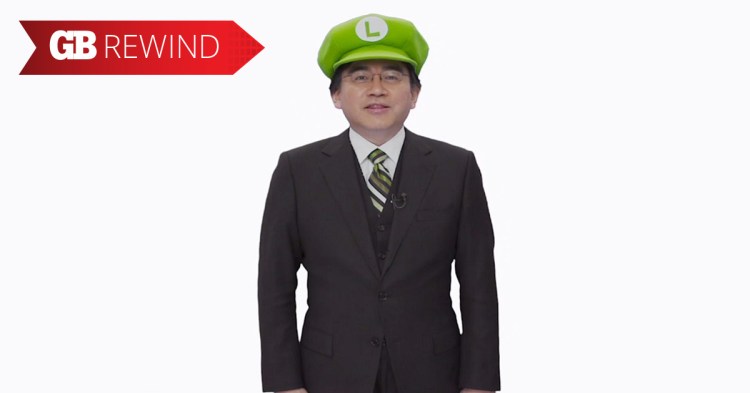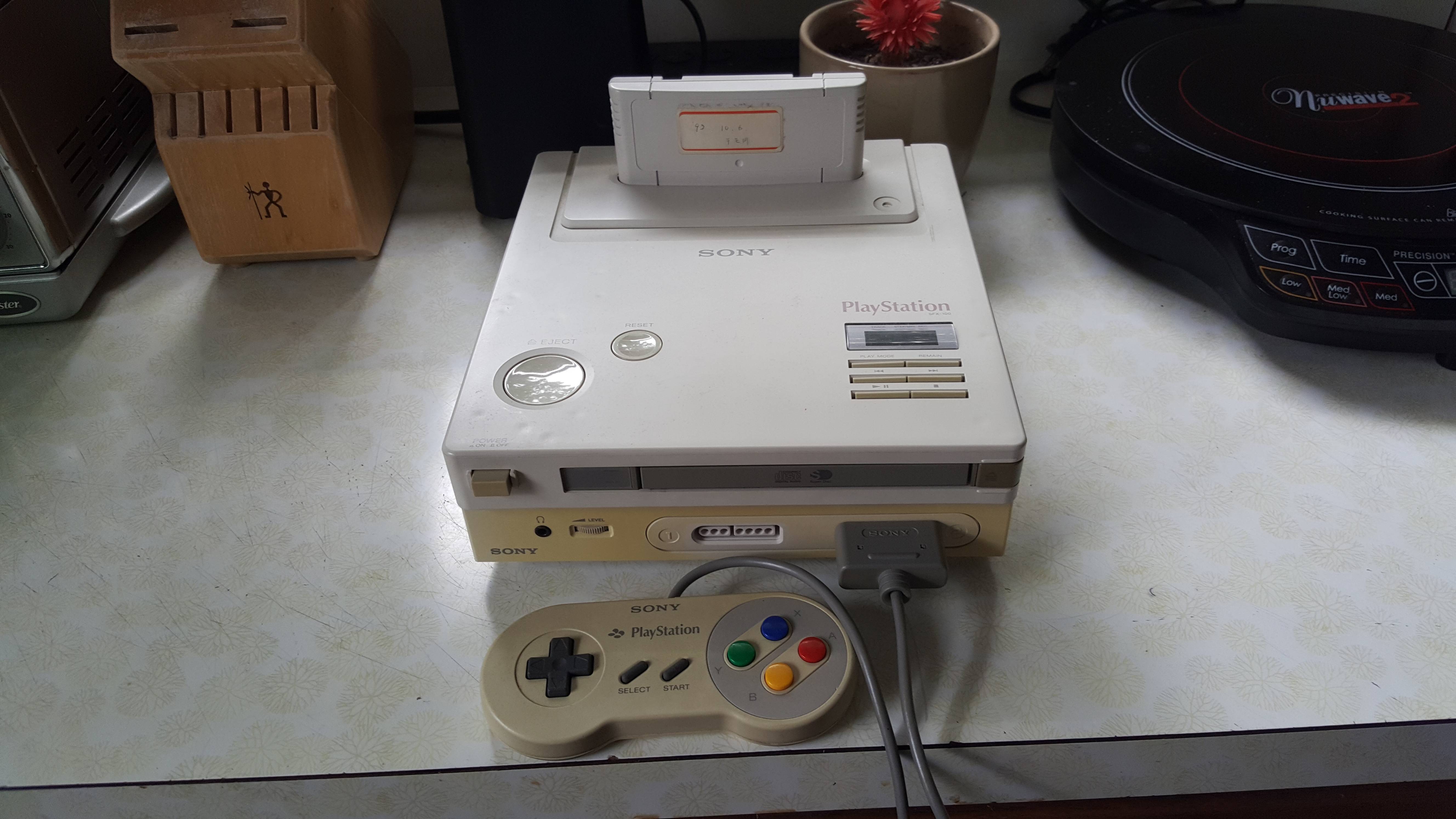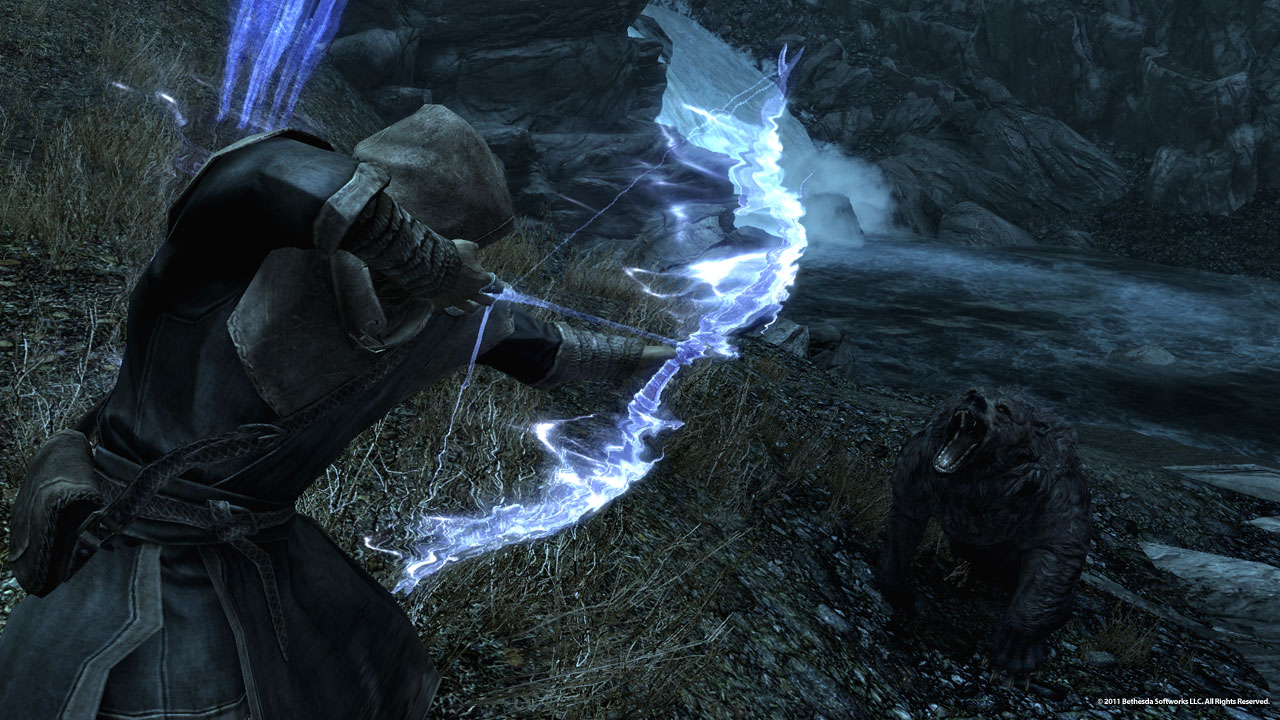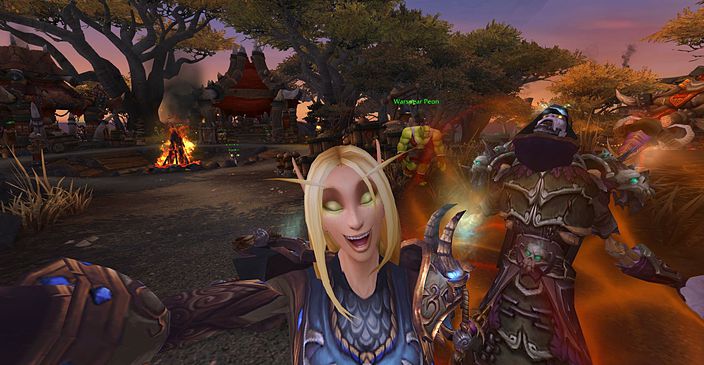Nintendo goes mobile
For years, gamers, analysts, and critics all wondered when Nintendo would enter the mobile gaming field. Bringing iconic names like Mario and Zelda into the mobile space could reinvigorate the company. It seemed like a no-brainer. Apparently, Nintendo now agrees. It announced in March that it’s teaming up with mobile game publisher DeNA to create new games for phones and other smart devices using its popular intellectual properties. Nintendo will reportedly handle all of the creative work while DeNA will provide the technology needed to run the games as live services on mobile devices.
The first game, Miitomo, a free-to-play life simulator similar to Tomodachi LIfe, will launch by March 2016. Nintendo and DeNA are also working on four other unannounced games across various genres. If Miitomo catches on, it could provide a big boost for Nintendo and disrupt the mobile gaming market. The Japanese gaming giant has struggled in recent years, thanks to sluggish sales of its Wii U console.
Rare Nintendo PlayStation found
Now that the phrase “console war” is part of every gamer’s personal lexicon, it’s hard to imagine two big video game publishers teaming up. Yet, that’s exactly what Sony and Nintendo did in 1988. The two companies briefly partnered up to work on the SNES-CD, a console that would add CD support to the cartridge-cased Super Nintendo Entertainment System. Called the PlayStation, the prototype was scrapped after licensing disagreements dissolved Sony and Nintendo’s partnership.
Over twenty years later, Dan Diebold uploaded photos of the unreleased console to Imgur. According to Engadget, it was one of the items Diebold’s father won in an auction after his company, Advanta Corporation, filed for bankruptcy in 2009. One of Advanta’s board members, Olaf Olafsson, was once CEO at Sony Interactive Entertainment. Although Diebold’s father didn’t know what he had at the time, he held onto it, preserving a piece of gaming history.
Steam introduces paid mods
Operating under the belief that creatives should be compensated for their work, Valve — owner of the digital distribution service Steam — announced in April that it would let mod creators charge for add-ons, expansions, and items they put up on the Steam Workshop for games like The Elder Scrolls V: Skyrim. Modders would get a cut of the money made; the rest would go to Steam and the game’s publisher. This way, people could support well-made mods and help them grow. Some of the biggest PC games — Counter Strike, DOTA 2, Team Fortress, and Day Z — all began life as mods for existing games.
Naturally, this idea didn’t go over well.
Irate gamers stormed social media to complain about the change, calling modders “greedy” for charging for a service that is traditionally free. Valve decided to remove paid mods mere days after introducing them and has been quiet on the issue since then.
You can now get your money back for broken games on Steam
Normally in the digital world, if you buy something, it’s yours forever. No backsies. But Valve changed that this year when it began offering refunds for games purchased on its digital distribution service Steam. Back in June, Valve announced it would give refunds for any reason — but only within the first 14 days after making the purchase and only if you played for less than two hours.
The decision constituted a major change in Valve’s policy and brought Steam up to code in many European countries that required refunds by law. It’s seen as a positive, consumer-friendly move, but it wasn’t without its detractors; many believed the refund policy could hurt game developers, especially indie devs who create bite-sized experiences like Gone Home or The Stanley Parable.
China ends its 14-year ban on video game consoles
For the first time in nearly 15 years, gamers across all of China can buy a Xbox, PlayStation, or Wii. China’s Ministry of Culture announced in July that companies like Microsoft, Sony, and Nintendo can now manufacture and sell consoles anywhere in the country. Previously, sales were limited to Shanghai’s economic development zone. China first banned consoles in 2000 because it feared the devices would have a negative effect on the mental and physical development of children.
China is one of the gaming industry’s biggest markets, and allowing the sale of consoles there could give the industry a significant boost. But, it’s also possible that Sony, Microsoft, and Nintendo will struggle to gain a foothold in that market; left without consoles, Chinese gamers have turned to PC and mobile platforms for their entertainment over the last 15 years, generating billions of dollars in revenue.
A win for video game preservationists
This October, the Library of Congress issued new rules for exemptions to copyright DRM circumvention laws, and one of those exemptions affects how people preserve classic video games.
The Electronic Frontier Foundation said it fought for the exemption, which allows players to modify their copy of a game to eliminate the need for an authentication server after the game’s original server is shut down. The exemption also grants museums, libraries, and archives the right to “jailbreak” or otherwise modify video game consoles to get older games working again. Normally, it’s illegal to alter a console under the 1998 Digital Millennium Copyright Act (DMCA). But, the Library of Congress limited the exemption to games that can’t be played at all after the server shutdown, excluding games where only the multiplayer features are lost.
Preserving gaming history is an important topic as technology improves and older media formats are phased out. The EFF said the Library of Congress’ ruling will help keep many classic games playable by future generations.
VentureBeat's mission is to be a digital town square for technical decision-makers to gain knowledge about transformative enterprise technology and transact. Learn More







